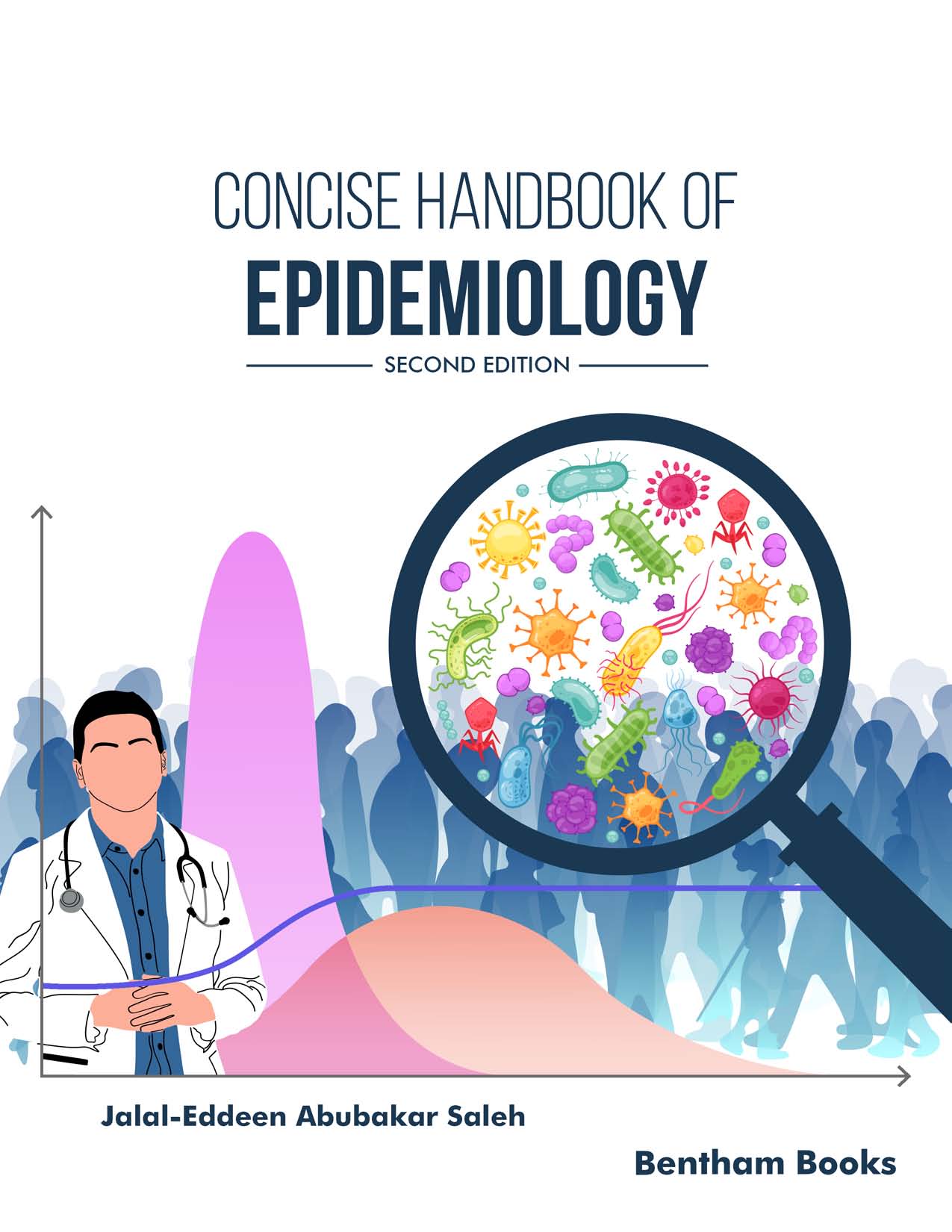It is with immense pleasure and anticipation that I introduce the second edition of the "Concise Handbook of Epidemiology." In the ever-evolving landscape of public health and disease prevention, this updated edition stands as a beacon of knowledge, guiding all who seek to comprehend the intricate science of epidemiology.
This comprehensive handbook navigates the entire spectrum of epidemiological inquiry, from foundational principles in Chapter 1 to the exploration of epidemiology in diverse local contexts in Chapter 9. It equips readers with the essential tools to understand and analyze epidemiological data, fostering a sense of responsibility and commitment to improving global health outcomes.
Chapter 1 lays the groundwork by introducing readers to the essence of epidemiological thought and practice, serving as the cornerstone for subsequent chapters. Chapter 2 delves into the heart of epidemiology, exploring essential models and frameworks that underpin our understanding of disease transmission. Chapter 3 acts as a compass, guiding readers through research design paradigms and statistical tools crucial for precise data analysis.
The vigilant eye of epidemiology is exemplified in Chapter 4, where readers explore disease surveillance systems and the art of outbreak detection and response through real-world case studies. Chapter 5 imparts the language fluency required for interpreting data with acumen, delving into foundational statistical concepts. Chapter 6 escorts readers to the frontiers of the discipline, unfolding advanced statistical techniques and addressing emerging challenges.
Chapter 7 showcases the practical dimensions of epidemiological principles, from influencing health policy to real-life case studies, engaging readers in active learning. Chapter 8 invites contemplation of the future of epidemiology, exploring innovations, ethical considerations, and the collective responsibility to shape the field's trajectory.
In a world of diverse regions and communities, Chapter 9 emphasizes the adaptability of epidemiological methods to local contexts, extolling the virtues of community engagement and narrating the stories of local epidemiology through case studies.
As readers embark on this journey, whether as students, researchers, healthcare professionals, or policymakers, I encourage embracing the wisdom within these pages. May this handbook serve as a constant source of guidance, inspiration, and enlightenment, empowering readers to contribute meaningfully to global community well-being.
I extend heartfelt gratitude to the author for crafting this invaluable resource and commend readers for their commitment to public health. With each turn of the page, we enhance our collective ability to address today's health challenges and forge a healthier, more resilient tomorrow.
Welcome to the realm of epidemiology – a convergence of science, compassion, and determination to safeguard and enhance the well-being of our communities.
Professor Zubairu Iliyasu
Bayero University, Kano, Nigeria

